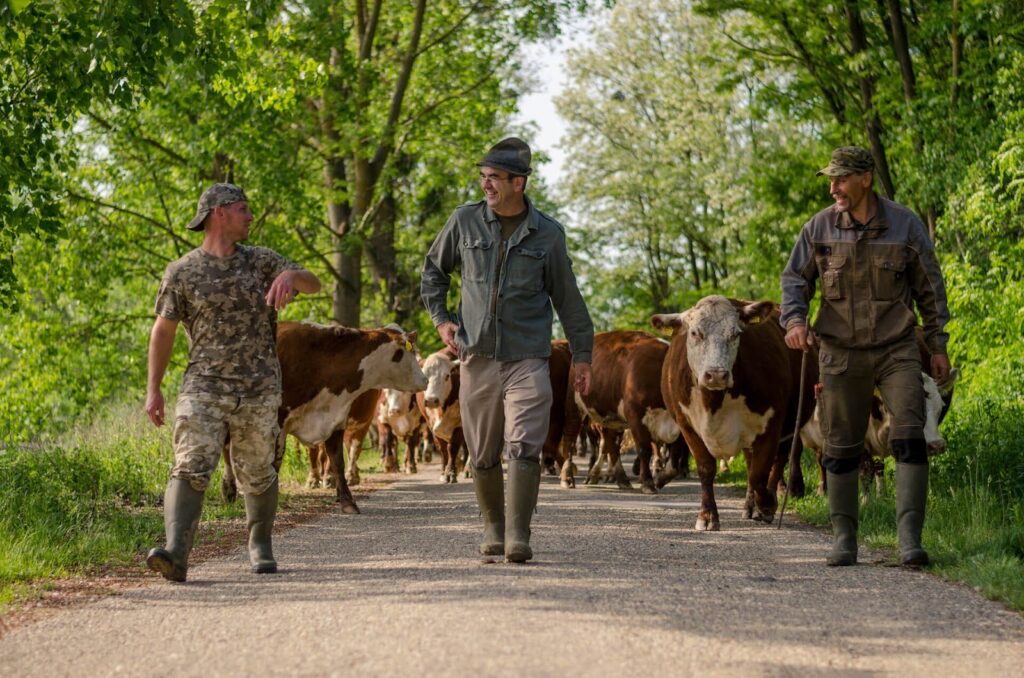Who Deserves Agricultural Support? Rethinking Fairness for a Resilient CAP
Author: Dr. Jurgen TACK, Secretary-General, ELO
As representative of Europe’s private landowners and professional farming families, I welcome the Commission’s renewed attention to agriculture’s future. COM(2025) 75 rightly recognises farming as essential for food security, vibrant rural communities, and landscape stewardship. Yet, its assumption that support should prioritise those “most in need” is politically convenient but economically and ethically flawed, risking a shift of agricultural policy into a social welfare tool.
Agriculture is not a welfare system; it is a strategic business sector. Public funds should reward farmers who deliver measurable public goods through professional, sustainable practices. Need alone should not determine subsidy allocation unless coupled with performance.
Aligning with EBAF’s Strategic Concerns
Recent discussions at the European Board on Agriculture and Food (EBAF) echo these concerns. Consensus on general principles should not hide disagreement over proposals like targeting subsidies primarily towards the “most in need.”
“In other sectors, public funding rewards clear outcomes such as innovation and sustainability. Agriculture must follow the same logic. CAP funds should prioritise measurable results: food production, biodiversity enhancement, carbon sequestration, rural employment, and technological advancement.”
Breaking the Binary: Small vs. Large Farms
Farm size is not a reliable indicator of environmental responsibility or efficiency. Capping payments solely based on scale penalises precisely those who can deliver the greatest public value. Larger, professional farms often possess the scale, resources, and capacity necessary for meaningful innovation and sustainability. Administrative simplification should benefit all farmers, ensuring that those best positioned to deliver EU goals are treated as valued partners, not as obstacles.
Recognising Landowners’ Contribution
Narrow eligibility criteria overlook landowners’ critical contributions. Landowners frequently facilitate sustainable agriculture through long-term leases, conservation management, and rural infrastructure investments. Restrictive policies undermine this vital stewardship and resilience.
The Commission rightly highlights profitability, professionalisation, generational renewal, and innovative financing tools such as nature and carbon credits. These commendable steps, however, will fall short if support remains rooted in redistribution based on perceived need rather than performance and impact.
Investing in Solutions
The Commission’s goals – innovation, generational renewal, and market resilience – require targeted investment rather than fragmented redistribution based solely on need. A future CAP must support entrepreneurial farmers, regardless of size, to implement scalable solutions such as carbon farming, regenerative agriculture, digital technologies, and renewable energy.
We urge the Commission and Member States to resist the temptation to turn agricultural policy into a social safety net. Instead, let us reward the delivery of tangible public goods through competitive, professional farming. Let us strengthen Europe’s food sovereignty by investing in success. In doing so, we will not only secure the livelihoods of those who farm today, but also attract the next generation of farmers and land managers.

© Jankovich Birtok, ELO member. Check out their website here.

